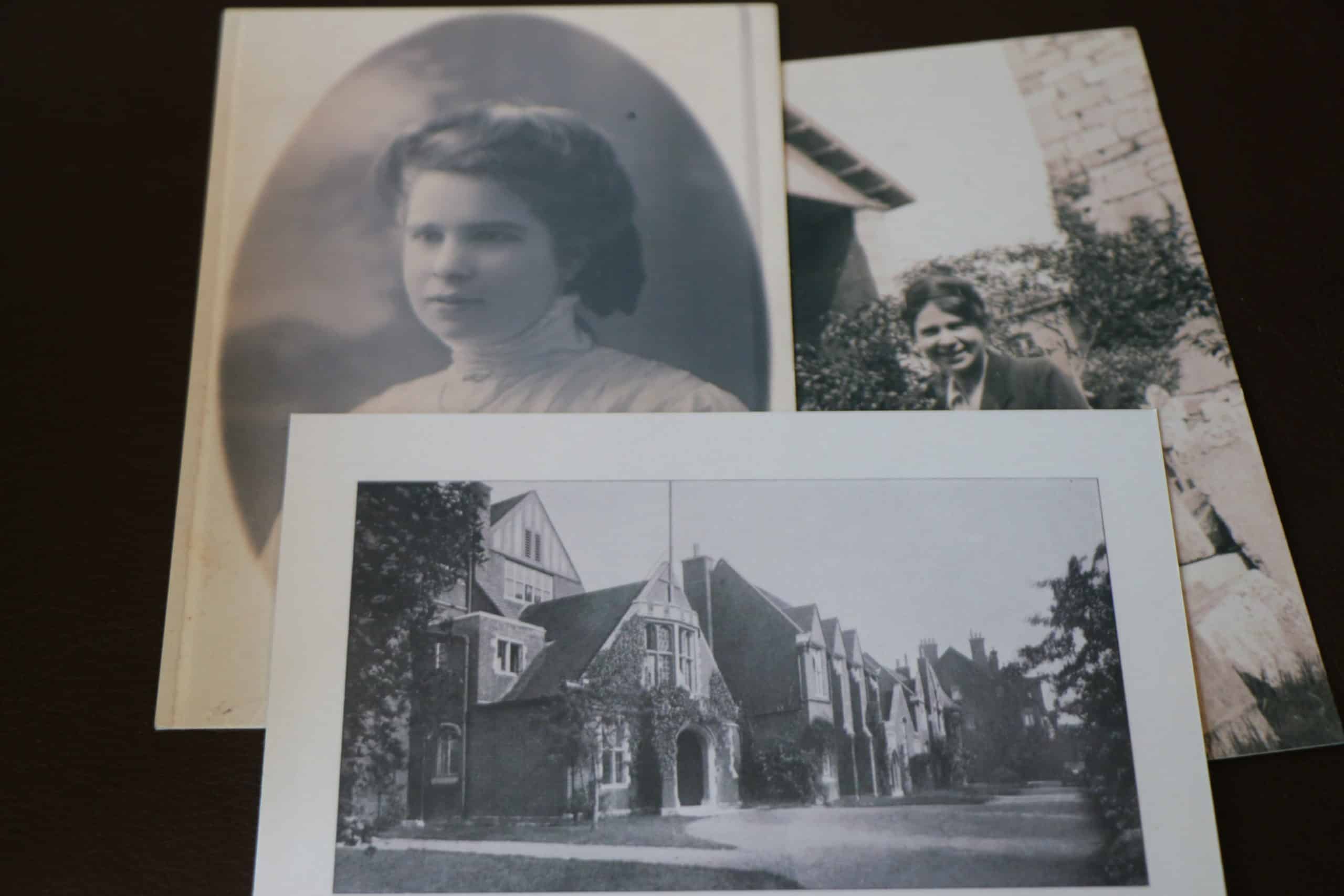Passion brings subjects alive
Rachel Dent, 14 October 2019
At the recent Headmasters’ and Headmistresses’ Conference (HMC) I was reminded how important it is that we have people, in this case a historian, who are passionate about their subject. Dr Sam Willis, is an award-winning historian, archaeologist and broadcaster, whose work takes him on adventures all over the world. He introduced delegates to his latest book ‘Histories of the Unexpected – How Everything Has a History’. In this fascinating book Sam gives us an insight into every day objects from hair to cats, from scars to smiles. In doing this he not only brings history alive but also layers the links so that the past is connected together, almost like jigsaw pieces.
At The Abbey teaching is central to all that we do and we are enormously lucky and proud to have teachers who are so passionate about their subjects and whose passion is infectious. I’d be surprised if we didn’t all have fond memories of at least one teacher we came across on our personal educational journey who inspired us to read more, to discuss difficult topics or to question previously accepted views and opinions.
We were reminded last week of the contribution of The Abbey’s teachers from the past. At the official launch of ‘Annie’s Box’ at the University of Reading visitors learned about Annie Ure, by viewing a collection of 3D printed objects and postcards which explore different aspects of her life.
Annie joined The Abbey in 1941 as a teacher of Latin and Ancient Greek, and stayed throughout the 1950s. She funded her higher education by taking two jobs – as a teacher and a university librarian. Her studies at the University of Reading prepared her to become one of the most established and successful female archaeologists of her era.
The suffragette movement gained notoriety whilst Annie was a student. Although she was a feminist she, along with many of her counterparts studying at universities at the time, felt unable to join in with the movement, as her scholarship would have been revoked. Annie felt that she could contribute more, and give a stronger voice to the protests, if she completed her degree and established herself professionally. She proved that women can be educated, determined and passionate – many of the qualities needed for (and sometimes missing in) politics.
In 1921 Annie became one of the first female archaeologists to lead an excavation in Greece and to curate and catalogue the artifacts that she discovered. As a specialist in Greek pottery she co-authored, with her husband, several important books and over 50 published articles. In 1922 the pair founded Reading’s Museum of Greek Archaeology, now named the Ure Museum of Greek Archaeology in their honour. We can only imagine how exciting it must have been for Abbey students to be taught by such an inspiring teacher.
Bringing us back to the modern day, if you walk around the Junior or Senior School any day of the week you will see a wide variety of pedagogical approaches and crucially a lot of activity and laughter.
Who knows who might be next to follow in Annie’s footsteps…?
SHARE ON


